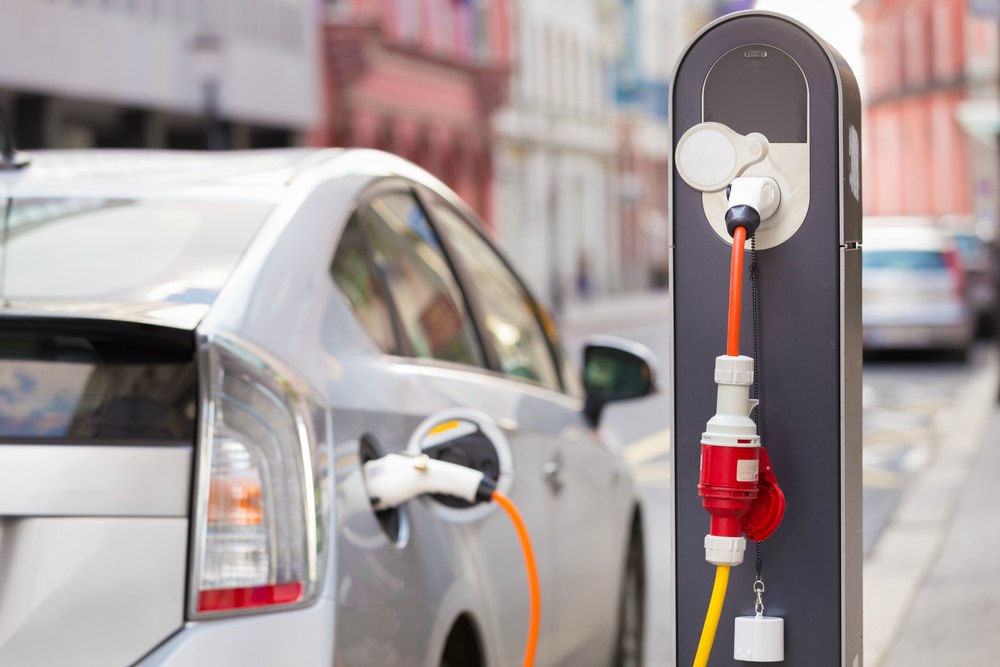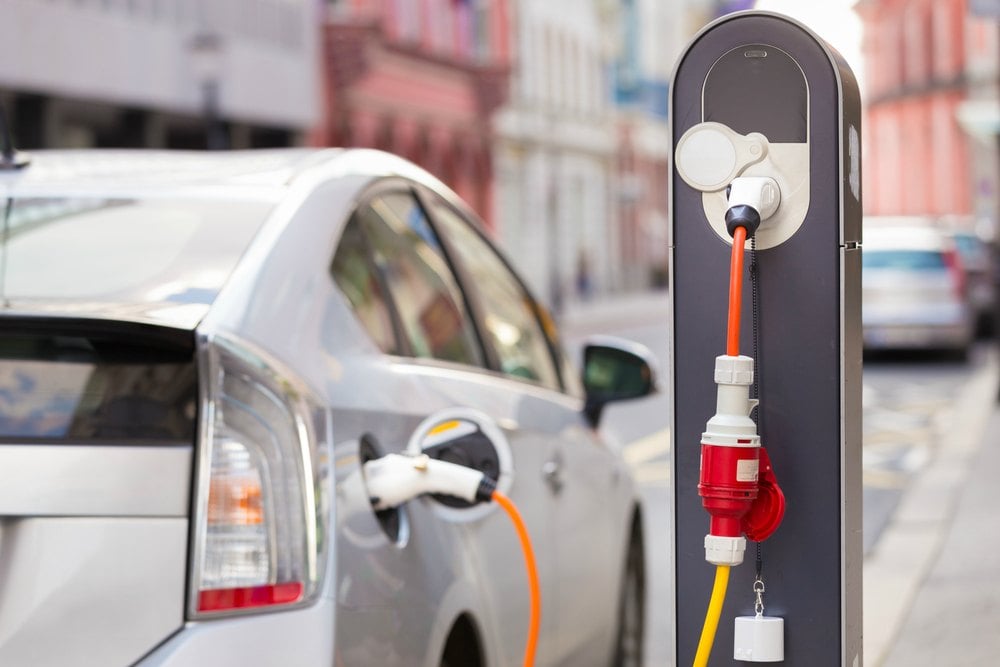How do Hybrid Cars Work?
by
Tom
30/06/2015 14:17
Share

How do Hybrid Cars Work?

According to the BBC, It�s been predicted that by 2044, car manufacturers will only be producing hybrid models.
Whilst we might not quite be at that stage yet, it�s safe to say that hybrid car ownership is at a higher level than it�s ever been. According to the Society of Motor Manufacturers and Traders, 9955 �Alternative Fuel Vehicle�s� were registered in 2014, a 54% increase on the previous year. As the number of hybrid models on the market and their availability increases, this number is set to rise in turn.
However, many people are still confused about what exactly hybrid cars are, how they work differently to traditional petrol or diesel vehicles, and whether they�re actually worth investing your hard earned cash in.
If you�ve ever found yourself asking �how do hybrid cars work?�, our guide should help you out.
How are hybrid cars different?
Traditionally, cars have relied on only one fuel source, most commonly petrol or diesel.
Energy is created by the burning of petrol or diesel, which in turn powers pistons in the car. This energy is then converted into manual power, which propels the car forward; simple stuff so far.
However, hybrid cars differ from solely petrol powered vehicles in that they are powered by two fuel sources rather than one.
How do hybrid cars work?
As well as a petrol engine, hybrid vehicles also contain an alternate energy source; typically, an electric motor. These two sources of energy can be used by the car separately or simultaneously.
Most hybrids will solely use the petrol engine whilst driving at relatively high and steady speeds; for example, on a motorway or A-road. However, when hybrids are driving slowly � as in through city traffic or low speed suburban areas � they will be powered by the electric motor.
When powered by the electric motor, the car will sound much quieter, as the noisy mechanical equipment used by the petrol engine is not in use. These motors are powered by batteries, which in the majority of hybrids are rechargeable. When the car is moving by its own momentum, such as freewheeling downhill or when braking, these batteries will be recharged. This is known as regenerative braking, and happens as the wheels turn the electric motor.
As well as this, most hybrid car batteries can be recharged at home or at selected charging points. While slowly increasing in number, hybrid charging points can still be few and far between when compared to petrol stations, so availability of these in your area could make or break your decision to whether to get a hybrid.
Are petrol/electric cars the only type of hybrid cars?
At the moment, petrol/electric hybrids are by far the most common on the market. However, car manufacturers such as Toyota and Nissan are increasingly focusing on producing cars powered by a hydrogen fuel cell. In 2003, the US government launched an initiative to make fuel cell powered vehicles available and cost effective by 2020, something motivated by their energy efficient nature.
Why buy a hybrid car?
The main positive to hybrid cars is their energy efficient nature. Although hybrids contain a smaller petrol engine, they will need to be refilled less often than single energy source cars. This means that owning a hybrid could even save you money.
Another incentive to buy a hybrid is their lower environmental impact. Petrol consumption can contribute to negative environmental factors such as global warming. As hybrids use less petrol, they�re viewed as being friendlier to the environment than petrol cars.
Which hybrid car should I buy?
There�s a wide range of hybrid cars out there to choose from, in a variety of body shapes and price ranges. Luckily, we�ve selected a few for you here, all available at Bristol Street Motors dealerships.
Peugeot 508 RXH 2.0
One of the newest Peugeot models, the energy efficiency and long term cost effectiveness of this hefty SUV far outweigh its initial price. Running on a hybrid diesel/electric engine with a power output of 200bhp, this Peugeot comes with a panoramic glass roof, automatic head lights, cruise control, and an integrated Sat Nav system.
Ford Mondeo 2.0 Hybrid
The most recent release of this ever popular Ford has also been released in a hybrid version. Designed as a facelift of the Mondeo model, this diesel/electric combo comes with all the usual Mondeo specifications. Noticeable is a slightly larger interior space, making this model an affordable car ideal for a family conscious of their energy use.
Citroen DS5 2.0 Hdi Hybrid
This Citroen doesn�t sacrifice power for energy efficiency. Another diesel/electric hybrid, this is a sleek mix between a family hatchback and a sporty estate. With a combined output of 200bhp and a selection of 4 driving settings, this hybrid is powerful and suited to all driving conditions.
If you�d like to know more about hybrids, or would like to see alternative models to the ones mentioned in this article, get in contact with your local Bristol Street Motors dealership to see what we can do for you.